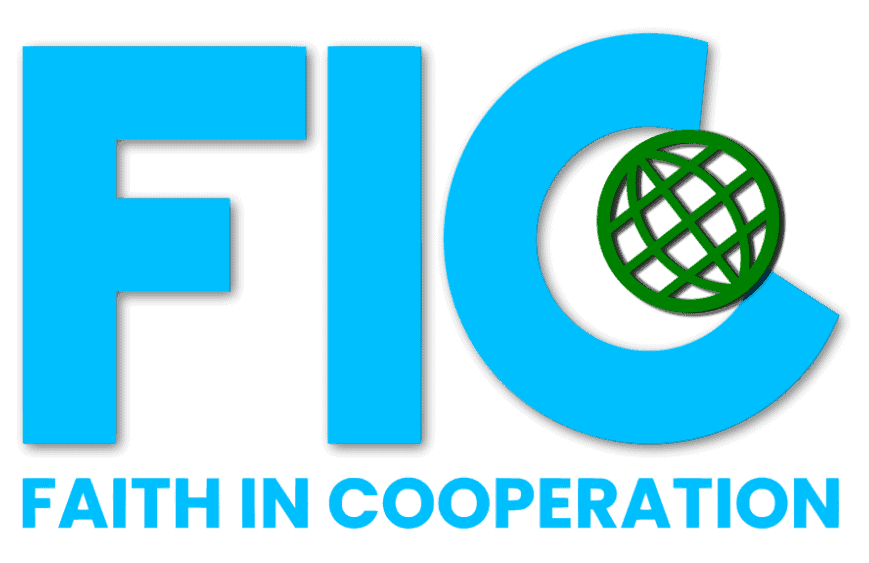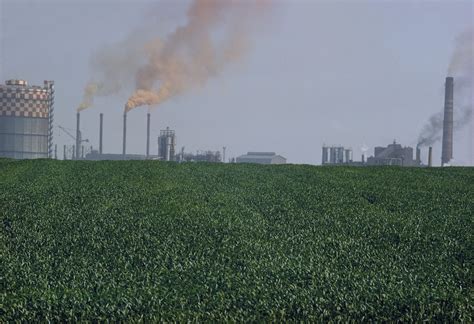Sustainable development: energy, raw materials and emissions
It is not just energy
Energy is central to climate summits and the social debate on sustainability. FIC has experience in the energy market. In 2002, the founder of FIC was project leader at the Dutch Ministry of Economic Affairs, working on the liberalisation of the energy market for small consumers with proper supervision of the energy companies. He also supervised research into the state of liberalisation and privatisation of the energy market in various countries in Europe. He was responsible for preparing legislation for district heating networks, to protect consumers in terms of price (no higher costs for district heating than usual costs for gas use) and to guarantee security of supply to consumers. In the waste sector, he managed a partnership that, among other things, united the municipal waste to energy companies. For a climate policy to be effective, it is necessary to look beyond energy and develop policies related to raw materials in order to create a circular economy.
From waste to resources
A circular economy with sustainable design, reuse, recycling and energy recovery.
The Dutch waste sector is living proof that policy-making works. It was the politician Ad Lansink who laid the foundation of waste policy worldwide with a motion in the House of Representatives of the Dutch parliament. His Lansink Ladder from 1979 is now the global waste hierarchy, and the Netherlands is a worldwide leader in recycling. With recycling and recovery of energy, many greenhouse gas emissions are prevented or minimized. Dutch knowledge and technology in the field of sustainable waste management and recycling is therefore of great value for our climate and a good basis for international cooperation with countries where waste still causes big problems.
Waste has a negative value, until the materials are reusable again as secondary resources. Dumping waste is simply cheaper than paying for transport, sorting and sustainable processing. That is why financing, regulation and enforcement, communication and public-private partnerships are recurring issues that are prerequisites for successful waste policy. Producer responsibility is an essential tool for organising and financing the recycling of materials. Producers of products that can be reused or recycled have an interest in a good municipal waste collection infrastructure. The founder of FIC has represented the interests of municipalities at both national and European level in their dealings with the government and producers, and advised the Dutch government on how to recycle more household waste.
There are still many chains of materials that can and must be closed, so that raw materials may be used efficiently and the climate is protected. It is therefore important to regulate all the aforementioned facets for each type of material: financing, regulation and enforcement, communication and public-private partnerships. FIC can assist governments and the business community in all these areas.
Reduction of emissions
Emissions of environmentally hazardous substances must be prevented as much as possible in order to protect nature and the climate. For many years, the founder of FIC managed the national cross-sector scheme for reduction of emissions of CFCs, HCFCs and HFCs from refrigeration and air conditioning installations throughout the Dutch industry. He was responsible for the assessment of the required quality assurance by companies and the training and examination of the professional competence of engineers via STEK. He also led a national study on emissions of F-gases and their effect on the ozone layer. Partly thanks to his efforts, the Dutch model became the template for the European approach to the reduction of emissions of F-gases from refrigeration and air conditioning installations.
Preventing emissions of HFCs from refrigeration installations, air conditioning and heat pumps is one of the measures with the greatest potential environmental impact worldwide. If this issue is solved, global warming can be reduced by 0.5 degrees. That is a huge part in achieving the goal of a maximum increase of 2 degrees in the average temperature to mitigate climate change. Mitigating climate change: impossible but doable.
Cooperation for sustainable development
Both energy policy, waste and raw materials policy, and emission reduction policy require intensive cooperation between government and business sectors. FIC has broad experience in guiding the cooperation at sector level. FIC is ready to assist partners in the entire field of sustainable development and to develop joint policies on raw materials, energy and the reduction of emissions.

